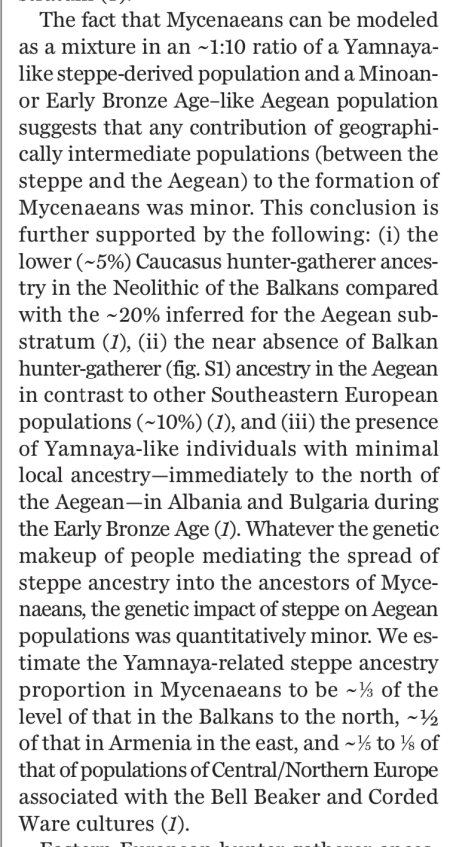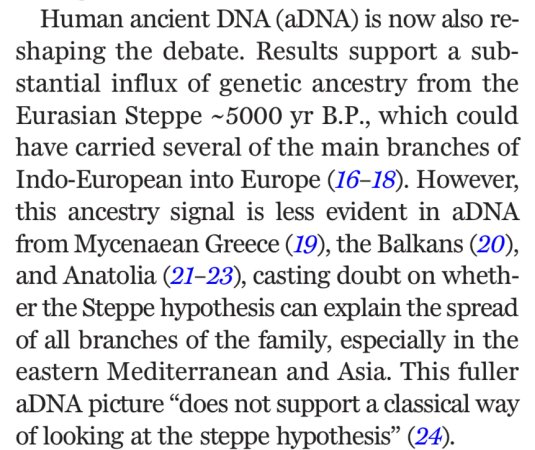"During the Dark Ages of Greece, the old major settlements were abandoned (with the notable exception of Athens), and the population dropped dramatically. Within these three hundred years, the people of Greece lived in small groups that moved constantly in accordance with their new pastoral lifestyle and livestock needs, while they left no written record behind leading to the conclusion that they were illiterate. Later in the Dark Ages (between 950 and 750 BC), Greeks relearned how to write once again, but this time instead of using the Linear B script used by the Mycenaeans, they adopted the alphabet used by the Phoenicians "innovating in a fundamental way by introducing vowels as letters. The Greek version of the alphabet eventually formed the base of the alphabet used for English today."
[3]
Life was harsh for the Greeks of the Dark Ages. One major result of the period is the deconstruction of the old Mycenaean economic and social structures. The strict class hierarchies and hereditary rule were forgotten, and gradually replaced with new socio-political institutions that eventually allowed for the rise of democracy in 5th c. BC
Athens."
Do you know that 1200 BC and prior Athens was 100% burials. Yet after 1100BC Athens was cremating in urns, why?




